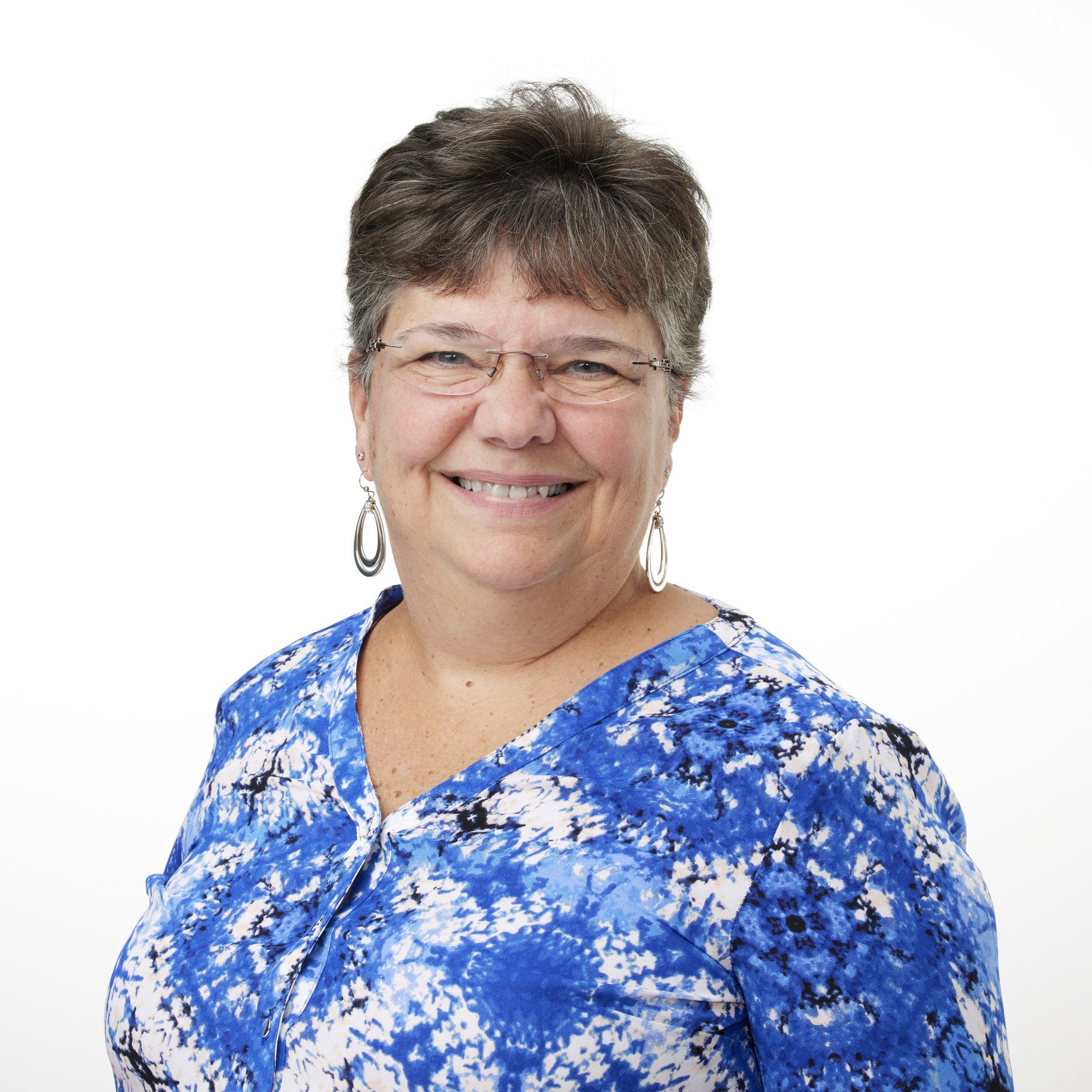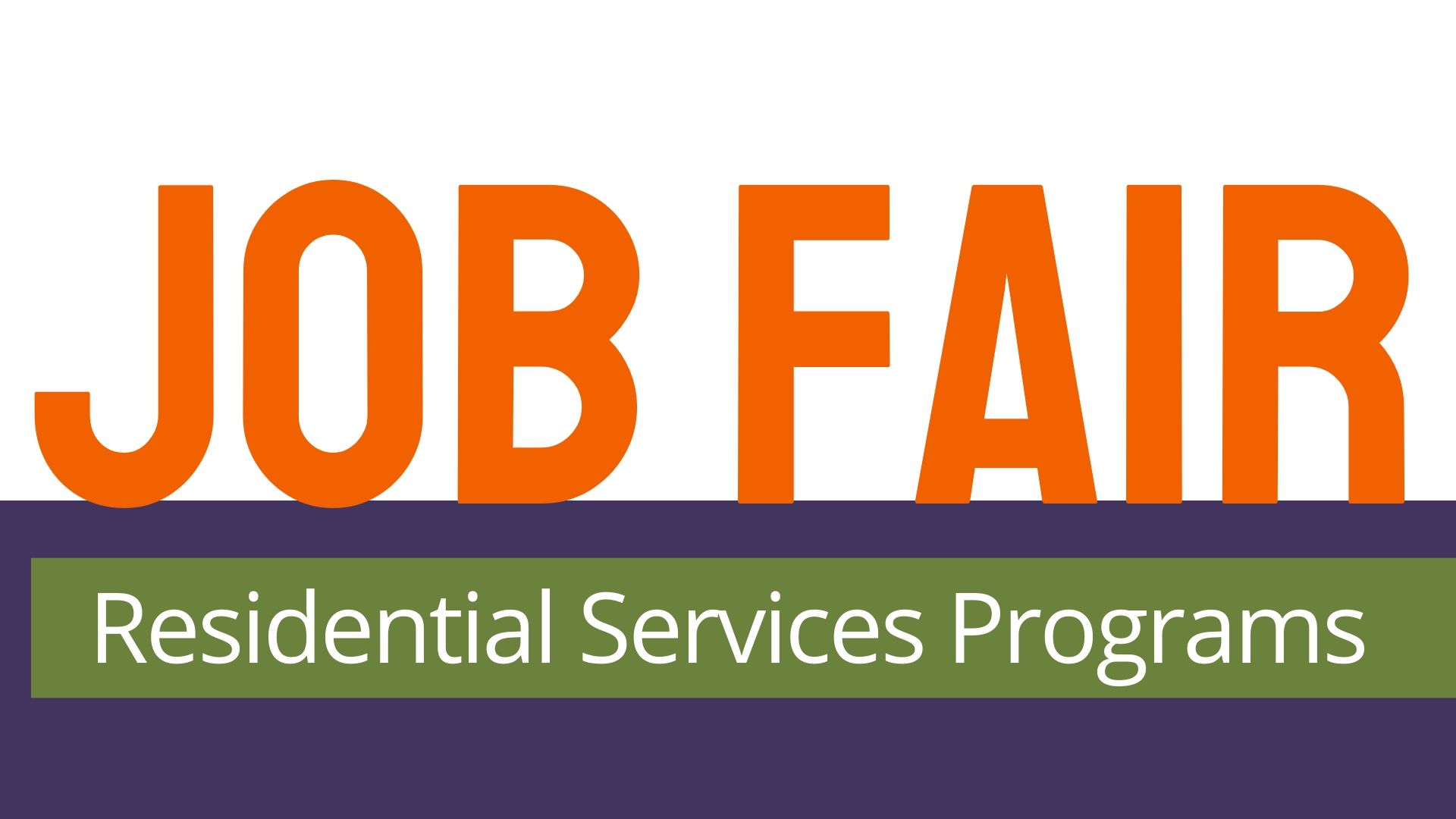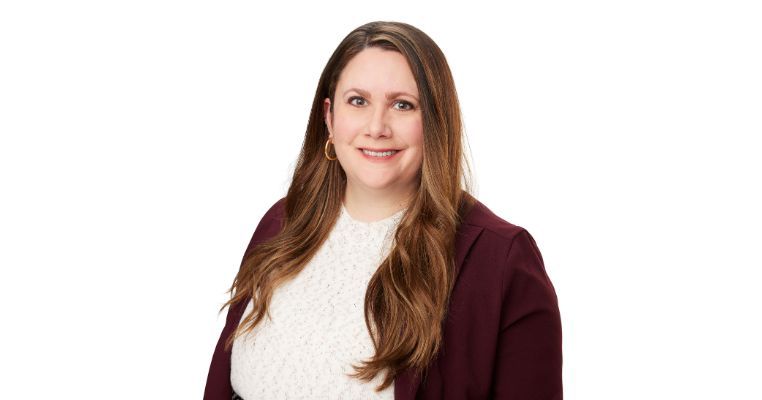January is National Mentoring Month, which provides an opportunity to raise awareness of the significance of mentoring and celebrates the power of mentoring programs in creating more productive, engaged, and satisfied individuals. BHN offers several mentoring programs that include young adult and adult peer mentors, recovery coaching, and therapeutic mentoring. This month, we highlight BHN’s therapeutic and peer mentoring programs. Dirk Vernon and Linda Blouin-Roy share their experience and the positive impact these programs provide to Ji8������Ƶ, families, and communities served at BHN.
Dirk Vernon is the Program Director of BHN's In-Home Therapy & Therapeutic Mentor Program and has served in this role for nine years. Through these programs, youth spend dedicated one-on-one time with a caring mentor to treat their behavioral health needs and to learn a variety of life skills. Vernon says that one of the most important aspects of the Therapeutic Mentor program is to meet kids where they are in the community. This includes their home, community centers, and libraries. BHN has a network of 28 Therapeutic Mentors supporting youth throughout Greater Springfield/Holyoke, Greater Westfield, and the Quaboag Hills/Ware region.
“The incredible thing about therapeutic mentoring is that youth get to bounce their ideas off of a trusted adult to inform their behaviors and their next moves,” Vernon says. “These are things that kids can't say at home or they're going to get in trouble or get reprimanded. When they have a Therapeutic Mentor, they can say these things and get proper guidance from a trained adult who is a mental health professional as well.”
Therapeutic Mentors help cultivate real-life skills such as determining which streets are safe and which to avoid, how to navigate the PVTA bus system, and how to quell anxiety in crowded places such as malls. Once the mentees are at a comfortable level, the mentors observe and evaluate their progress in a real-life situation. “We can kind of pull back a little bit and give them that resilience, that independence that we want for them too.”
In addition to building skills and accessing mental health supports, peer and therapeutic mentors, help individuals and families access social supports and concrete resources that may be hard to find on their own such as food, housing, childcare, primary care services, etc. It is important to highlight that mentoring roles do not require advanced clinical degrees. Lived experience and on-the-job training are powerful and effective preparations to bring life-changing support and guidance to the individuals we serve. Mentors are a critical component of a treatment team. Given the severity of the current mental health crisis, mentoring programs are more crucial than ever.
If you or a loved one need support or would like more information about mentoring programs, call BHN
413-301-WELL (9355) or visit
BHN WellBeing locations: 417 Liberty Street, Springfield, MA, or 77 Mill Street, Westfield, MA.







